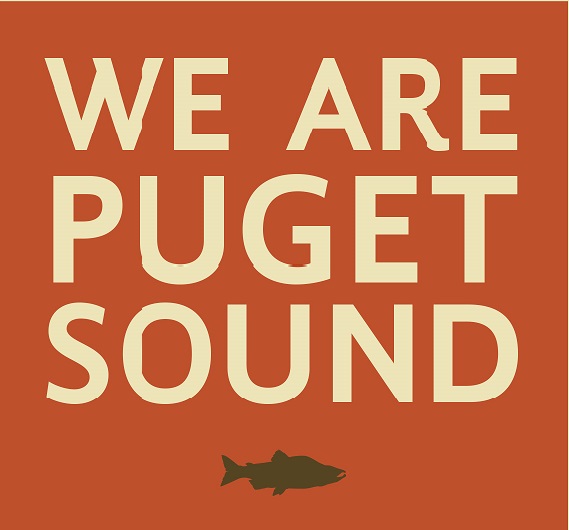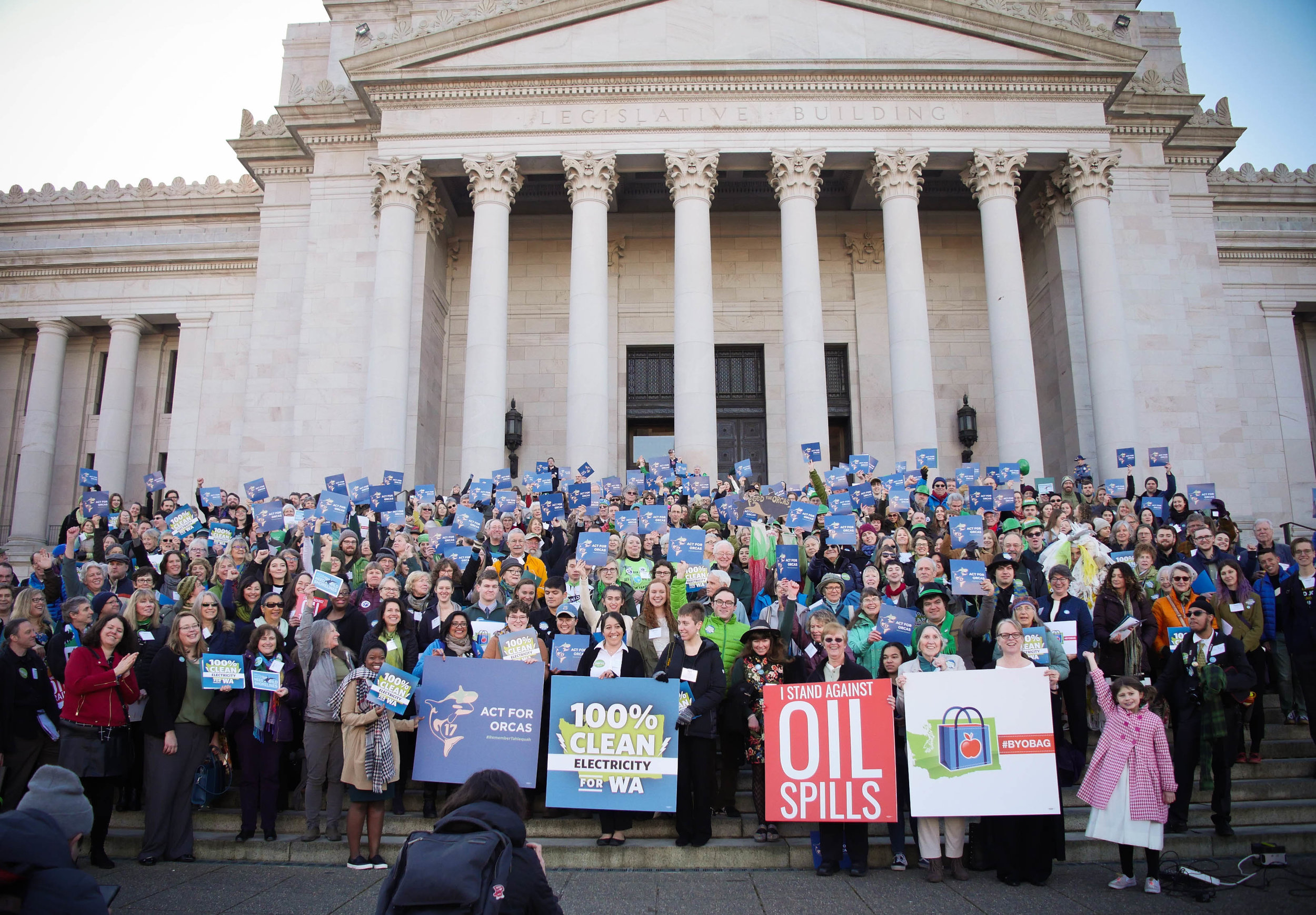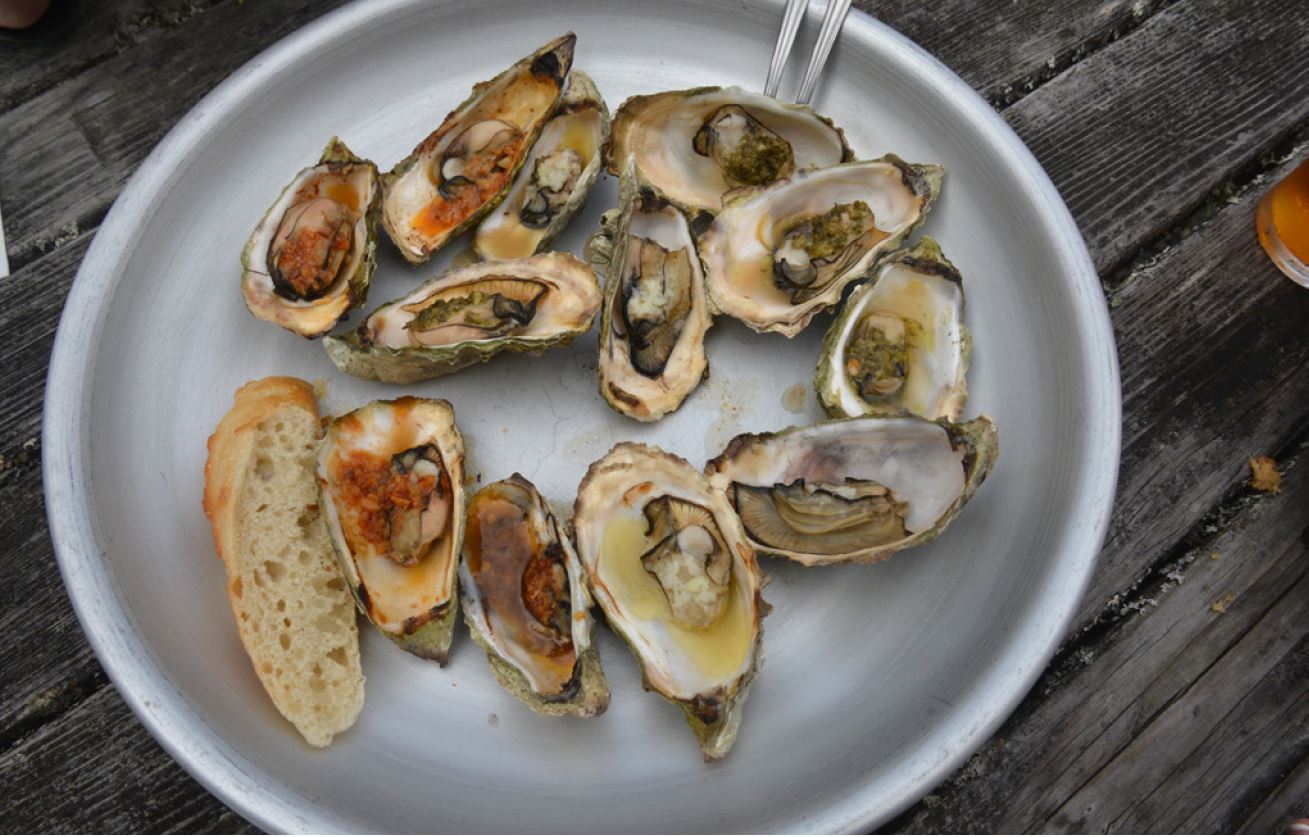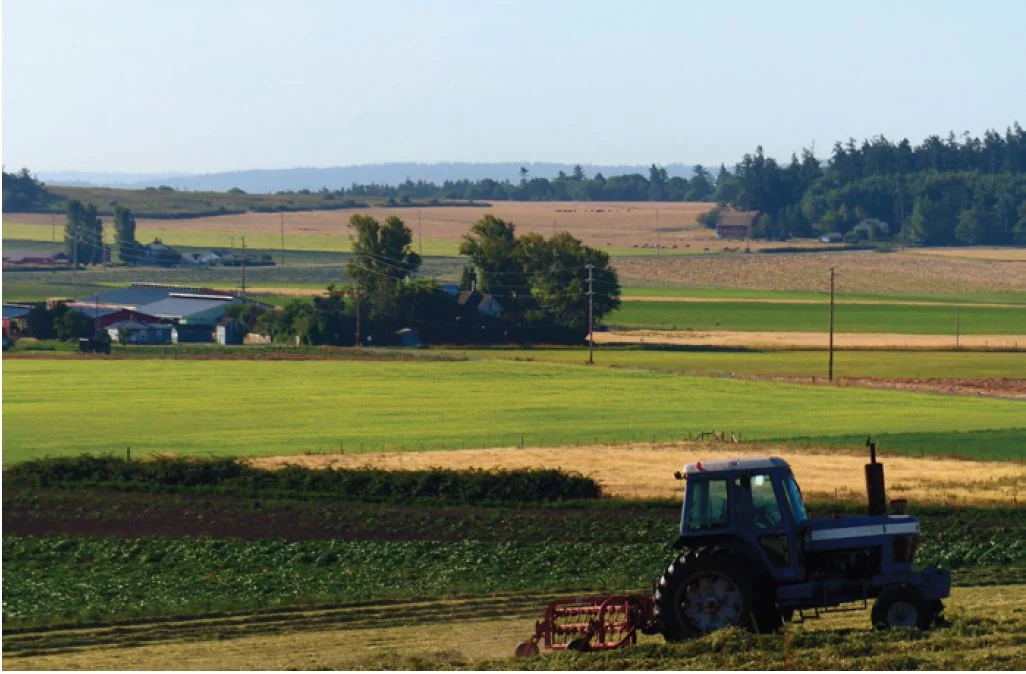Change begins with each of us, and now is the time to act individually and collectively. Join us to help protect Puget Sound. We encourage you to join us in focusing on one action each month, and share your experience with family and friends to motivate and energize them.
The Following ten actions represents the collective wisdom of a number of influencers in our region, including journalists, federal and state government leaders, elected officials, tribal leaders, non-governmental organizations, and community leaders.
(1) Vote in local, state-level, and federal elections.
To vote, you need to be registered. Here's how.
The greatest leverage you have to contribute to the recovery of Puget Sound is voting for candidates who believe in this goal and champion it. Look into organizations you trust that vet and endorse candidates. A few hours of your time spent researching candidates and issues during election season makes a big difference.
We know that when more people vote, our environment and communities win. 20% of Washingtonians who are eligible to vote are not registered, especially among communities of color, young people, and people historically disenfranchised from the voting system.
With the current COVID-19 pandemic limiting our ability to register people to vote in person, it’s even more important that we use the online tools at our disposal to disseminate voter information. Washington state is fortunate enough to have strong voting laws that allow people to register and update voter information online, vote by mail, and update voter registration close to the deadline to vote.
(2) Hold your elected officials accountable.
Engage your elected officials through meetings, social media, phone calls, and emails. Ask them to develop and support legislation and budget priorities that value our region’s natural resources and the communities that depend on them. Thank them when they safeguard clean water, support sustainable farms and forests, build strong and durable rural economies, increase urban tree canopy, reduce carbon pollution, protect wildlife, and strengthen vulnerable communities. Remind elected officials that clean water is good for the economy and that restoring Puget Sound creates jobs.
(3) Understand and support tribal treaty rights.
The treaties signed by the US government and Northwest tribes in the 1850s established critical protections for salmon and for people. These protections include salmon’s access to high-quality habitat for spawning. Supporting tribal treaty rights means understanding the cultural relevance of salmon to tribes. Greater access to habitat means more salmon for everyone.
Learn about the traditional Native Nations land on which you occupy here.
(4) Reward businesses that protect the Sound and its people.
Spend your money at businesses that expressly support Puget Sound recovery. Several certification programs identify business practices that positively affect the Sound, including reducing single-use plastics and energy consumption, practicing salmon-safe approaches, and improving supply chain sustainability. Reward businesses that participate in such programs with your consumer spending, and avoid businesses that harm Puget Sound, its people, and its wildlife.
(5) Eat local.
We are fortunate to live in a region with a rich and varied food network, including cultivated crops, foraged foods, and community food co-ops along with a compassionate and caring community. That is evident during times of crisis like now with the COVID-19 outbreak. This is the time to focus our efforts on community care by supporting each other and our regional farmers and fishers who grow and harvest food in ways that do not negatively affect our shared waters, strengthen local economies and improve food security and supply community food co-ops. We must work together to tackle this pandemic just as we work side by side to address climate change crises and restore the health of our forests and Puget Sound. Just as the climate impacts the most vulnerable among us, so does the viral pandemic that only exacerbates the systemic inequalities like improving food security for people during the COVID-19 outbreak. This current pandemic is impacting consumers ability to access food and producers ability to provide. For more details for actions and resources click here.
(6) Support organizations that work for positive change.
The Northwest enjoys an extensive array of organizations advocating for Puget Sound’s recovery. They range in geographic scale from individual neighborhoods to international programs, and from focusing on single issues like protecting a local park to the varied actions needed to address climate change. These organizations employ a variety of tools and tactics from nuanced policy development to grassroots actions to litigation. Reward them with your financial support or volunteer to help them. For every large organization you support, contribute to at least one small organization that advocates for these interests at the local level.
(7) Include and empower communities of color.
Puget Sound recovery must include solutions for everyone; we will fail if we leave some communities behind. Learn what equality, equity, and justice mean. As we work on common goals like reducing toxic pollution, we must do so in a way that breaks down the structures that led to disproportionate impacts in the first place. In other words, focus efforts on the most affected people, often communities of color and low-income neighborhoods.
(8) Empower young people.
In a rapidly changing world, young people are the voice for change because they will live in the world that we create based on our collective decisions. Volunteer to help youth groups that engage in work you are passionate about and collaborate with young people to effect change—whether that’s through outdoor recreation, faith-based groups, or a group devoted to a particular social cause.
(9) Reduce your own impacts.
Find one way to reduce your environmental footprint each year. Reduce personal vehicle use. Be mindful about what you pour down the drain. Evaluate the products you use inside and outside of your home. Substitute one locally produced harmless product for another harmful one. Small changes add up over time.
(10) Experience your Puget Sound, and share it with someone you know.
We live in a remarkably diverse area that offers ample opportunities for outdoor experiences. Learn by experiencing—picnic with your family or friends at a local park, walk along the waterfront, catch your dinner in the Sound, plant trees, go tide-pooling, or volunteer for programs that get kids outside. Explore and enjoy this place you call home.
Check out the video, “A Single Fish,” by Aria who is featured in our second video in the We Are Puget Sound video series here










